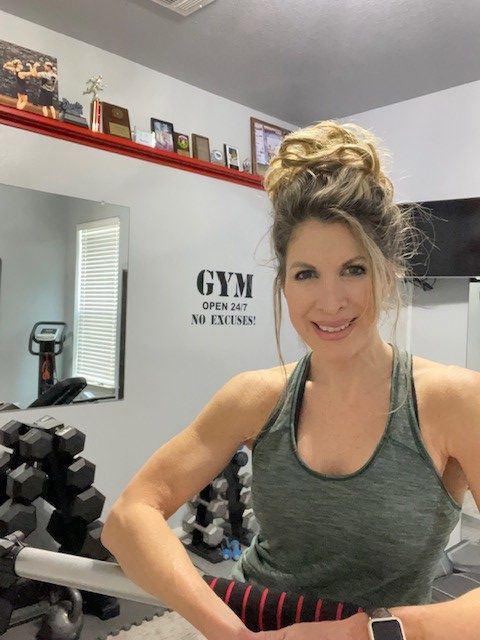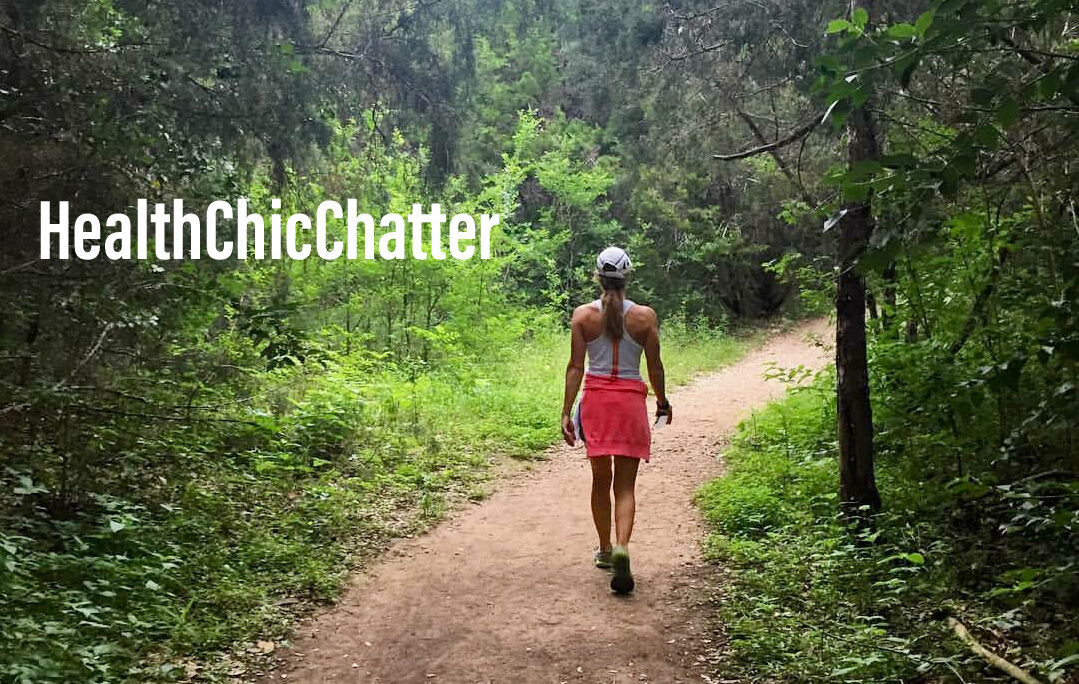The proverbial “fountain of youth”…sought by many and assumed to be so elusive. But….is it?
The truth is, much of we have come to believe as “age related decline” is not age related, but rather LIFESTYLE related –AND we can do something about each of these factors. Boiling multiple studies down to a nutshell, we’ve learned there are six primary lifestyle factors were repeatedly identified:
- Exercise
- Sleep
- Managing stress
- Building social connections
- Avoiding toxins, and
- Diet
In other words, what you put into your body (or don’t), movement, socializing and sleep will impact how long you live and the quality of your life.
I’ve written about sleep before (see prior blogs) – but by now, most of you are aware of the factors that can impact a good night’s sleep. However you may not have bought into what a key role sleep plays in health, mind function, energy, and inflammation…and how it aids the other 5 longevity factors listed above.
If aging well and FEELING GOOD are important to you, prioritize sleep and then focus on the other factors. Here are a few ideas to help improve your sleep habits:
1. Establish a bedtime routine: (warm shower or bath)
- Journal. (writing down thoughts, worries or to-dos will get them out of your head)
- Read a book.
- Meditate. (I have to say I love a guided meditation to fall asleep to or ocean sounds..)
2. Check out your sleep environment:
- 60-67 degrees is ideal.
- Are loud sounds blocked out? (a white noise machine may help)
- Black out shades are great for keeping light from coming in.
3. We can’t omit the blue light conversation. (phone, TV, tablet, computer)
- Sorry, but it’s true…blue light can be super disruptive. It’s best to shut screens down 2 hours BEFORE bed.
4. Become aware of when you last eat or drink.
- You know that saying, “Eat with the sun, sleep with the moon”? It’s a good rule to follow. If you go to bed by 10, you’ll want to have dinner by 6 or 7.
- Watch fluids …you know why.
- That includes alcohol. Without exception, alcohol negatively impacts sleep. Cut off alcohol about the same time as dinner and limit consumption.
5. A good night’s sleep begins with bright sun light early in the day. This will keep your body’s circadian rhythm in sync and turn off melatonin.
6. Exercise or be active – just not right before bedtime!
So there you go. Feeling your best and aging well are mostly in your hands. Take a couple ideas and start incorporating them into your life because today is “some” day. Carpe diem & sleep well my friends, sleep well.

”Sleep is that golden chain that ties health and our bodies together.” – Thomas Dekker


